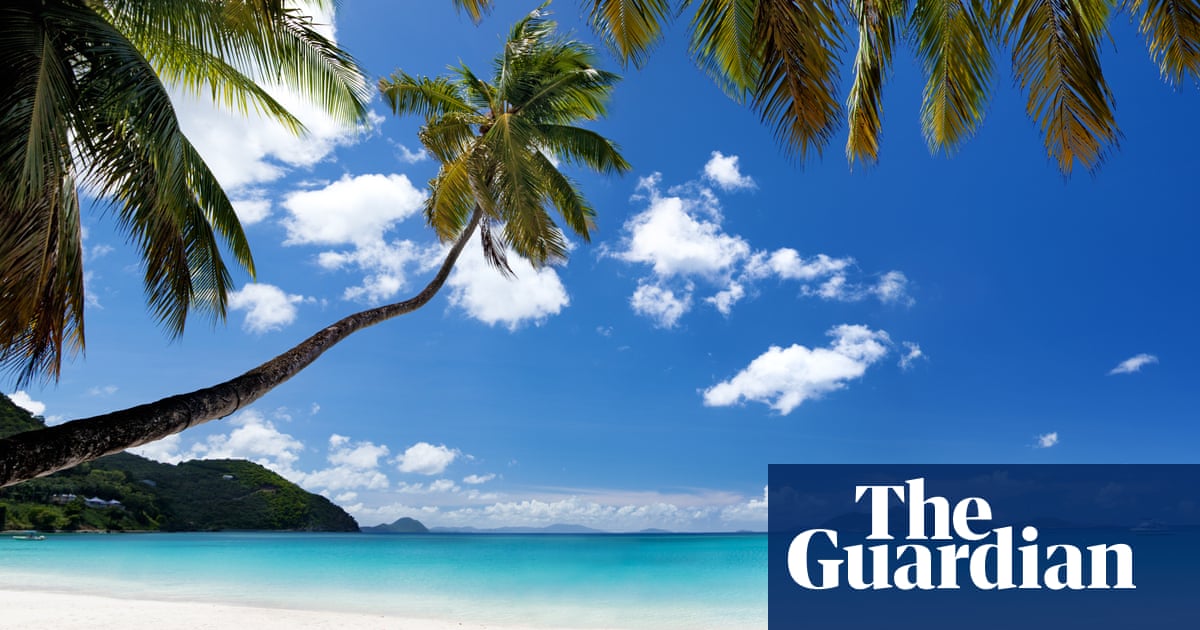
The Cayman Islands are going to be just fine. The offshore tax haven is in theory swept up in global reforms that could put a blanket charge on companies, an effort by world leaders to reduce profit shifting and raise some revenue after a year of government stimulus. But many of the breaks the islands give to its pet sector of hedge funds and other investment firms may remain despite a push to make companies pay more. And exemptions are aplenty, suggesting that the Caymans can find them, too.
Despite having a population of under 65,000, some 100,000 companies are domiciled in the British territory in the Caribbean Sea off the coast of Central America. It offers significant tax benefits to companies and individuals, including no levies on income or gains for hedge funds or corporate profits. There are also no capital gains taxes for individuals.
The suggestion of an international rate on the face of it threatens the country’s big advantage, which would in theory have to adhere to it. After years of wrangling, the G7 has come to a deal, which will now be presented to G20 countries in July, that would require companies to face a 20% tax on earnings above a 10% margin in countries where its products or services are consumed. Another part of the plan would set a global minimum corporate tax rate of at least 15%.
That is meant to raise more than $100 billion globally. The trouble is that countries are already finding work-arounds. Reuters reported on Wednesday that British finance minister Rishi Sunak wants financial services exempted from the pact. In the same vein, Switzerland is looking to protect its local champions like mining company Glencore (GLEN.L). The Financial Times reported Swiss-based firms would receive subsidies and other perks to maintain lower tax rates there. Likewise, China is looking to defend its low-levy zones.
The Caymans have a lot to lose. The lack of a corporate tax has enticed companies like Facebook (FB.O) to use shell structures to reduce their levies. And nearly 11,000 investment funds are registered there, accounting for more than 60% of the hedge fund industry’s $3.8 trillion in assets. They include Steve Cohen’s Point72, Ray Dalio’s Bridgewater and Luke Ellis’s Man Group.
Still, if a multinational pact falls short of its goals, and it likely will, tax havens like the Caymans will stay intact. That means a race to the bottom on global levies will keep running.
Follow @GinaChon on Twitter
CONTEXT NEWS
- British finance minister Rishi Sunak wants a carveout for financial services in a global tax deal agreed to by economies in the Group of Seven, Reuters reported on June 9. Under the agreement, countries where a company’s products or services are consumed could tax 20% of profit above a 10% margin, as opposed to the current system based on where businesses are located. Another part of the plan would set a global minimum corporate tax rate of at least 15%.
(This item has been corrected in the fifth paragraph to say “Luke Ellis’s Man Group” instead of “Noam Gottesman’s Man Group.”)












